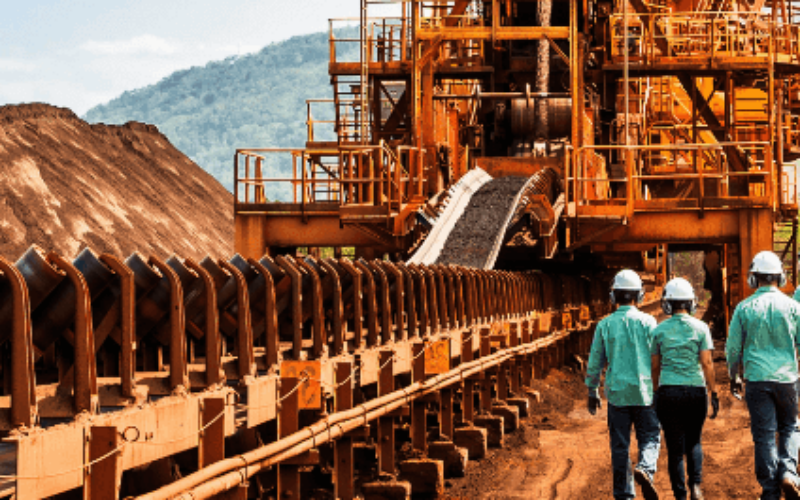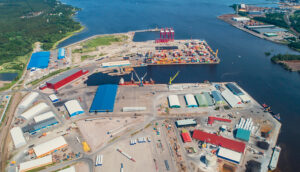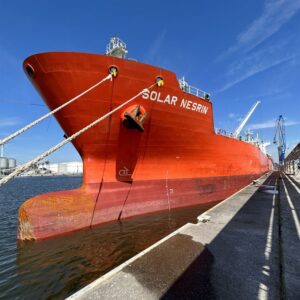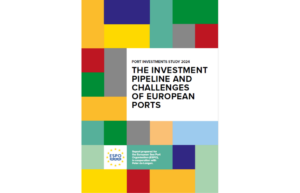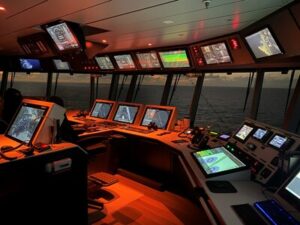Brazilian logistics operator, Vale, has signed a Memorandum of Understanding (MoU) with the Port of Açu to study the development of a Mega Hub to produce hot briquetted iron (HBI) using the direct reduction route.
The port is located in São João da Barra in the state of Rio de Janeiro.
The Mega Hub will initially receive pellets from Vale and could, in the future, include an iron ore briquette plant at site to supply the direct reduction route at the industrial complex.
According to the agreement, both companies will seek to attract investors and clients to build and operate the Direct Reduction plant using natural gas which will be available at the port, with the possibility of eventually converting to green hydrogen, producing HBI with near-zero carbon emissions.
It is an initiative that considers a technical study coordinated by the Port of Açu and sectorial academics.
The study proposes the use of HBI as partial burden in blast-furnaces, reducing greenhouse gas (GHG) emissions and increasing steelmaking productivity without needing to substitute existing assets, such as the blast-furnaces and steelworks.
Currently, HBI is mostly used in electric arc furnaces. Using HBI in this type of furnace will enable a smoother decarbonisation process for the Brazilian steelmaking industry.
The agreement with the Port of Açu marks another step in the development of Mega Hubs in Brazil, Vale reported.
Mega Hubs are industrial complexes designed to produce low-carbon steel products and Vale has already begun implanting such hubs in three countries in the Middle East (Saudi Arabia, UAE and Oman).
“We believe that Brazil has great potential to be a hub for low-carbon steelmaking,” said Marcello Spinelli, Executive Vice-President of Iron Ore Solutions.
“The signing of this partnership demonstrates the full industrialisation potential of the Port of Açu, confirming its vocation as the port of energy transition in Brazil.
READ: Port of Rotterdam, MPA Singapore partner to improve maritime decarbonisation
“We believe that the Port of Açu, with its unique port infrastructure in the country, strategic location and potential for the most competitive Brazilian natural gas prices, brings together unique characteristics to, together with Vale, contribute to the decarbonization of the domestic and international steel industry,” continued José Firmo, CEO of the Port of Açu.
This announcement comes in the same week that the Malaysian Port of Tanjung Pelepas (PTP), a joint venture between APM Terminals (APMT) and the MMC Group, was selected to join the Partnerships for Infrastructure (P4I) initiative.

